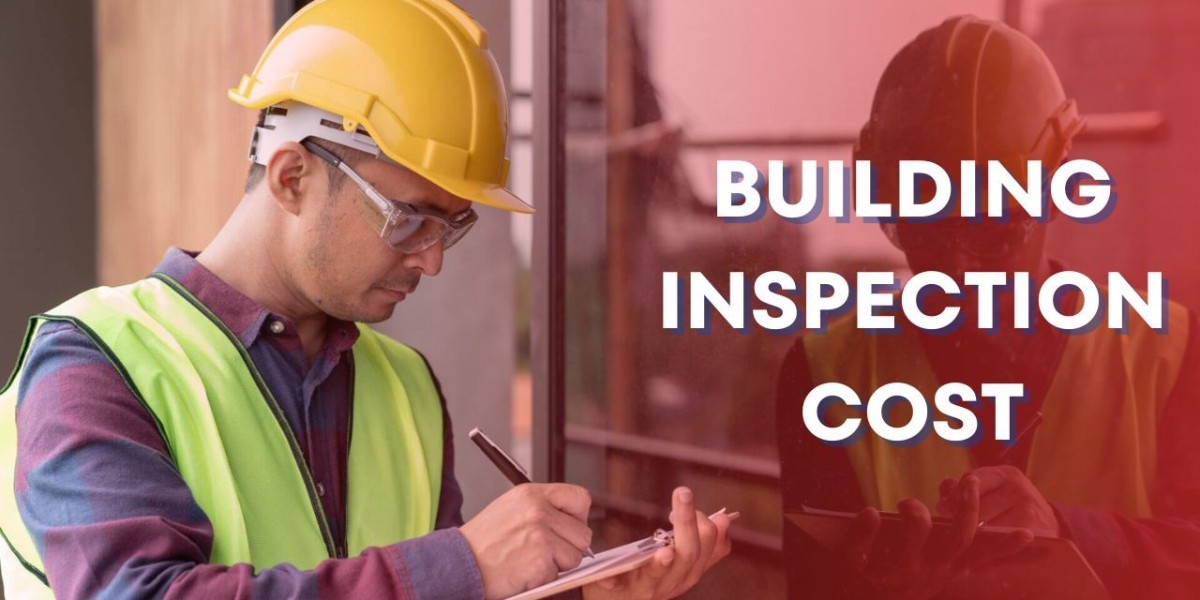When you are considering purchasing or selling a property, it's crucial to understand its condition and potential issues. That's where building inspections come into play. Building inspections are a thorough examination of a property's structure and systems, aiming to identify any defects, safety hazards, or maintenance needs.
However, before you proceed with a building inspection, it's essential to understand the associated costs. In this comprehensive guide, we will delve into the factors that influence building inspection costs and explore ways to make these inspections affordable without compromising on quality.
What Are Building Inspections?
Building inspections are comprehensive evaluations of a property's structural integrity, safety features, and overall condition. Qualified building inspectors conduct these assessments to identify any defects, damages, or potential hazards that might affect the property's value or safety.
The Importance of Building Inspections
Whether you are purchasing or selling a property, a building inspection is crucial. For buyers, it ensures that you are aware of any underlying issues or necessary repairs before finalizing the purchase. For sellers, it provides an opportunity to address problems proactively, potentially increasing the property's market value.
Types of Building Inspections
Pre-Purchase Building Inspections
Pre-purchase building inspections are conducted before a buyer finalizes the property purchase. These inspections give potential buyers a clear understanding of the property's condition and any potential costs associated with repairs or maintenance.
Pre-Sale Building Inspections
On the other hand, pre-sale building inspections are arranged by sellers before listing their property for sale. By doing so, sellers can identify and address issues in advance, instilling confidence in potential buyers and streamlining the sales process.
New Construction Inspections
New construction inspections are performed on newly-built properties to ensure that they meet the necessary building codes and quality standards. These inspections are critical to catch any defects before the property is handed over to the new owner.
Routine Maintenance Inspections
Routine maintenance inspections are periodic assessments of a property's condition to identify any maintenance needs promptly. By addressing minor issues early on, property owners can prevent them from escalating into major and costly problems.
Factors Affecting Building Inspection Costs
The cost of a building inspection can vary due to several factors:
Property Size and Type
Larger properties or buildings with complex structures may require more time and effort to inspect, leading to higher costs compared to smaller properties.
Inspection Scope and Depth
The extent of the inspection and the depth to which inspectors examine various systems and components of the property can influence the overall cost.
Location and Accessibility
The location of the property and its accessibility can impact the inspection cost. Remote or hard-to-reach locations might incur additional charges.
Experience and Qualifications of the Inspector
Highly experienced and qualified inspectors may charge higher fees due to their expertise and reputation in the field.
Additional Services and Testing
Additional services like pest inspections, mold testing, or radon testing can add to the overall cost of the building inspection.
Average Cost of Building Inspections
The average cost of a building inspection can range from $300 to $500 for residential properties. However, this cost can be higher for larger or more complex properties.
How to Find Affordable Building Inspection Services
Finding affordable building inspection services without compromising quality is possible with these tips:
Research Multiple Inspection Companies
Look for several reputable inspection companies and compare their prices and services.
Request Quotes and Compare Prices
Obtain quotes from different providers and evaluate what services are included in the package.
Look for Discounts or Package Deals
Some companies offer discounts or package deals that include multiple inspections or additional services.
Consider Group Inspections
If possible, arrange for group inspections with neighbors or friends to share the cost.
Beware of Low-Cost Inspection Traps
Avoid overly cheap inspection services that may compromise thoroughness and accuracy.
Conclusion
Building inspections are a vital part of any property transaction, providing essential information about the property's condition and potential costs. While the cost of building inspections can vary, it's essential to strike a balance between affordability and quality. By researching multiple inspection companies, requesting quotes, and comparing prices, you can find a reputable and affordable service.
For those considering DIY inspections, it's crucial to weigh the pros and cons carefully. While it may save money in the short term, it could lead to overlooking critical issues, costing more in the long run. Hiring a professional building inspector with the necessary expertise is generally a safer option.
Remember, regular maintenance and prompt repairs can help save money in the long term by preventing minor issues from escalating into major problems. Investing in energy efficiency and durable materials can also contribute to cost savings over time.








